Summaries of books about International Relations:
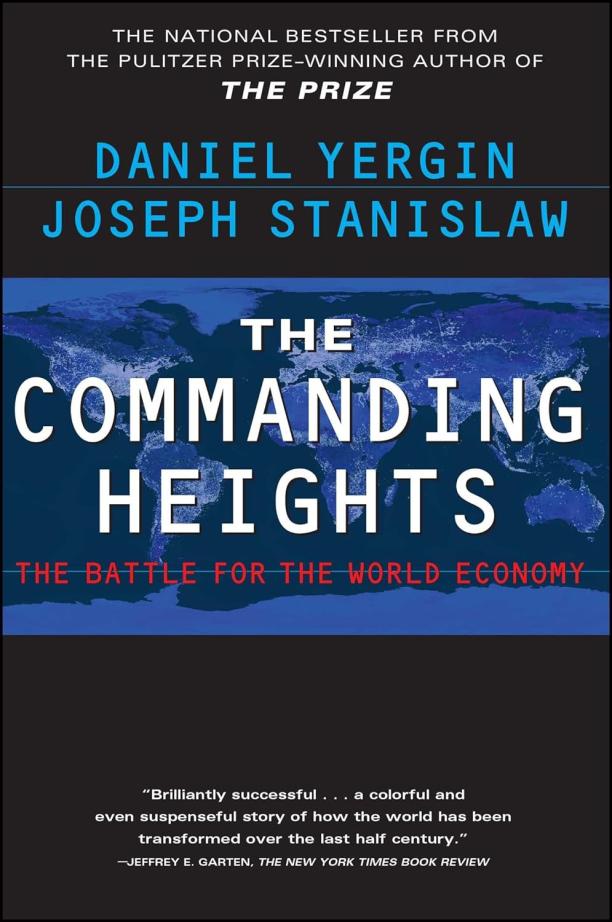
The Commanding Heights
The Battle for the World Economy
Daniel Yergin|Joseph Stanislaw
The book chronicles the shift from state-controlled economies to market-driven ones since the end of World War II, exploring the economic policies, political changes, and key figures that have shaped this transformation globally. It delves into the ideological struggle between government intervention and free markets, detailing the impact of these economic trends on societies and the global economy.
See full summary
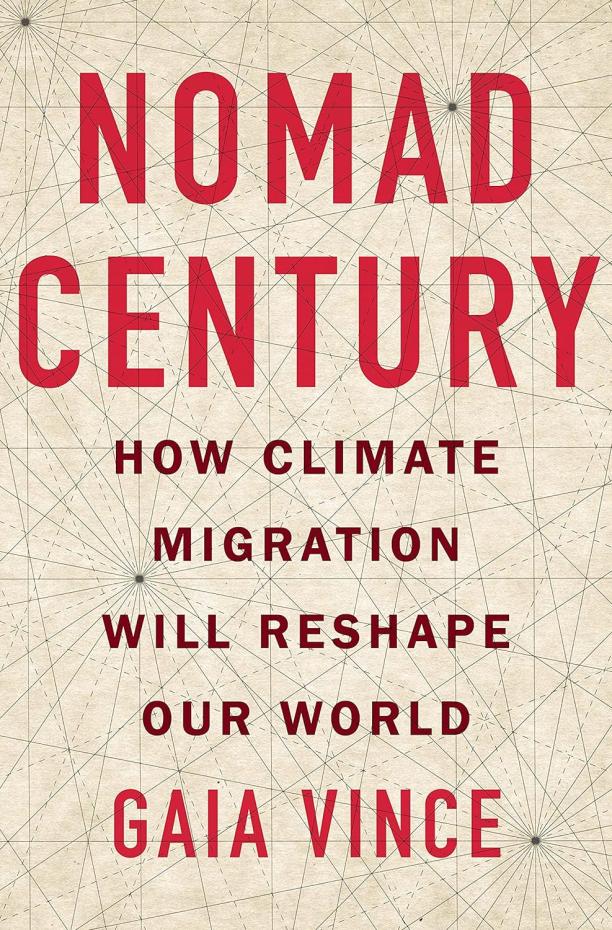
Nomad Century
How Climate Migration Will Reshape Our World
Gaia Vince
The book explores the impending global crisis and transformative potential of mass human migration driven by climate change, examining how societies must adapt to accommodate the influx of people relocating from uninhabitable regions. It discusses the need for international cooperation and innovative governance to manage resources, integrate migrants, and harness the opportunities that such demographic shifts can bring.
See full summary
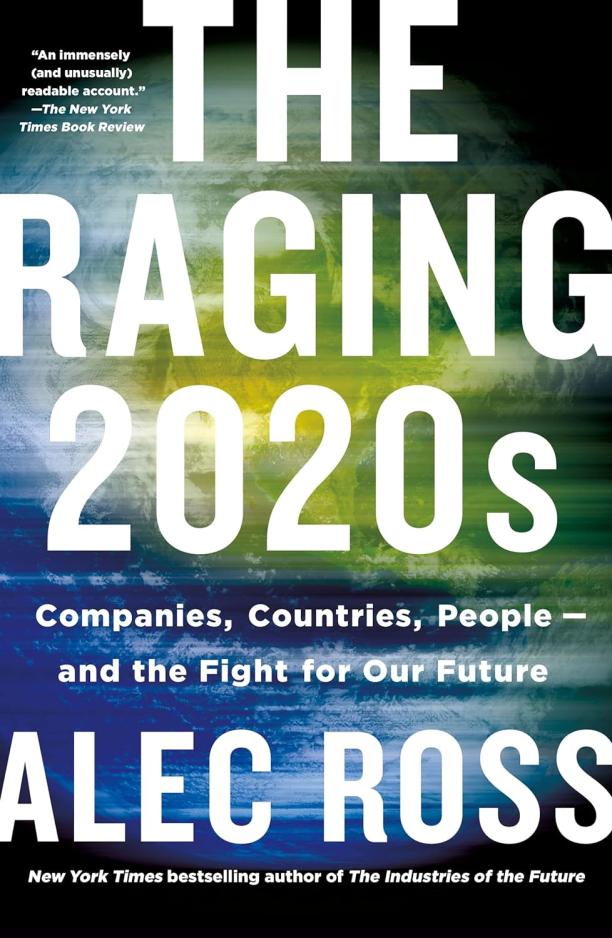
The Raging 2020s
Companies, Countries, People - and the Fight for Our Future
Alec Ross
The book examines the social and economic challenges of the 2020s, exploring the tensions between governments, citizens, and corporations in a rapidly changing world. It discusses the need for systemic reforms to address inequality, technological disruption, and the power imbalances that threaten democratic institutions and global stability.
See full summary
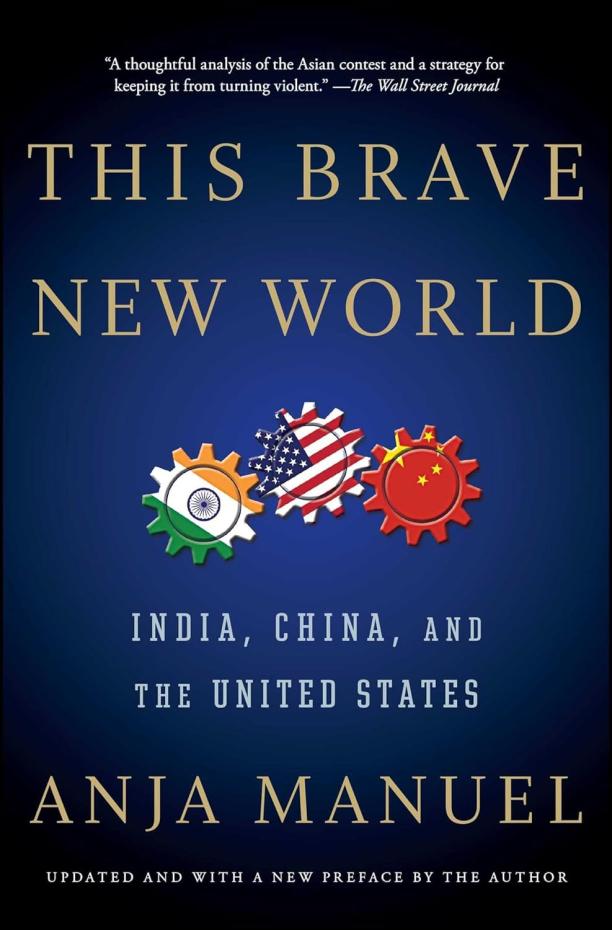
This Brave New World
India, China, and the United States
Anja Manuel
The book examines the complex relationships between the United States, India, and China, exploring their economic, political, and military interactions in the 21st century. It provides insights into how these powerful nations can navigate their differences and collaborate for global stability and prosperity.
See full summary
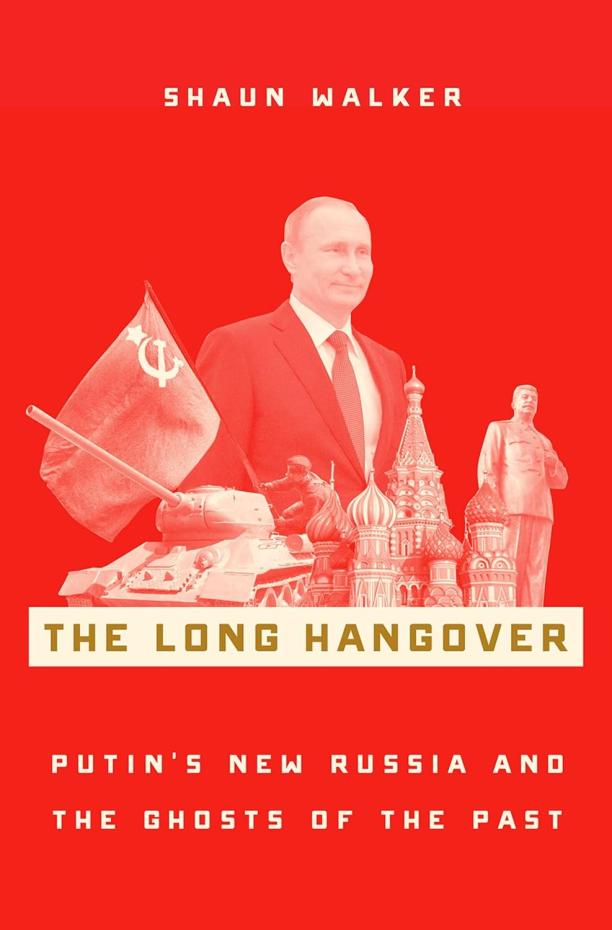
The Long Hangover
Putin's New Russia and the Ghosts of the Past
Shaun Walker
The book explores how Russia's history, particularly the fall of the Soviet Union, has shaped the country's national identity and Vladimir Putin's leadership. It delves into how Putin's regime uses this historical narrative to consolidate power, influence public opinion, and assert Russia's position on the global stage.
See full summary
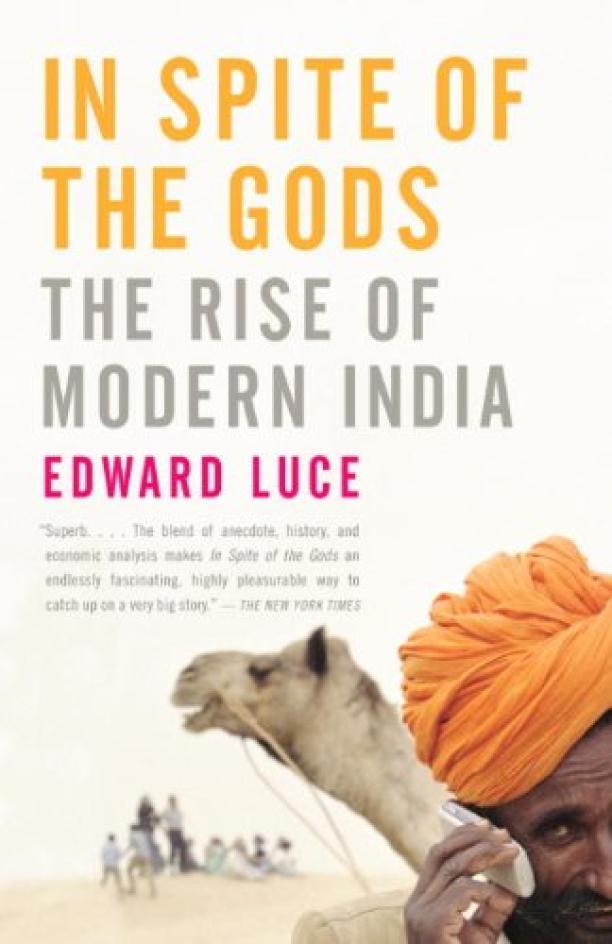
In Spite of the Gods
The Rise of Modern India
Edward Luce
The book delves into India's complex society, economy, and politics, examining the country's transformation and challenges as it emerges as a global power. It provides insights into India's history, its democratic processes, and the interplay between tradition and modernity that shapes its present and future.
See full summary
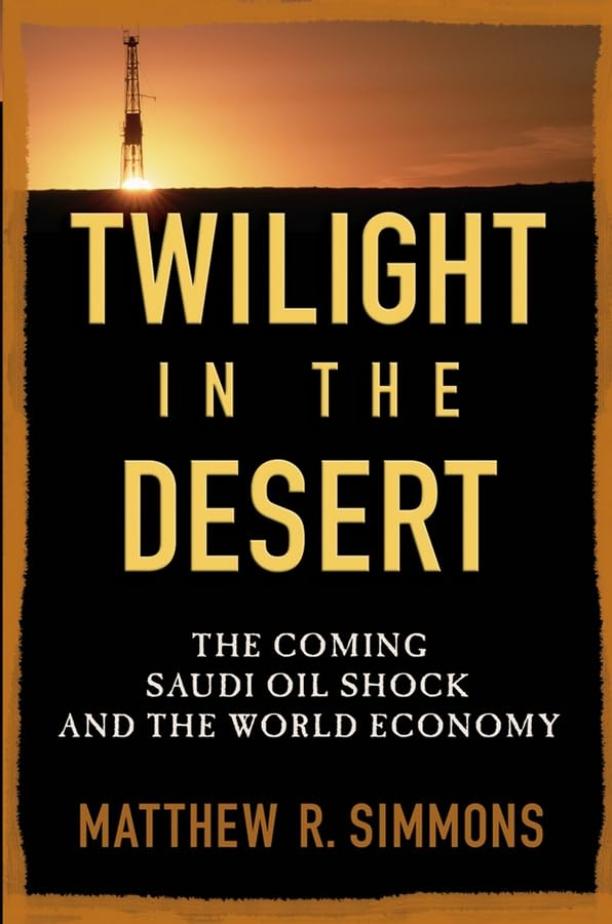
Twilight in the Desert
The Coming Saudi Oil Shock and the World Economy
Matthew R. Simmons
The book presents a detailed analysis of the Saudi Arabian oil industry, questioning the sustainability of its oil reserves and the potential implications for the global economy. It argues that the decline in Saudi oil production could lead to an energy crisis due to the world's heavy reliance on their oil supply.
See full summary
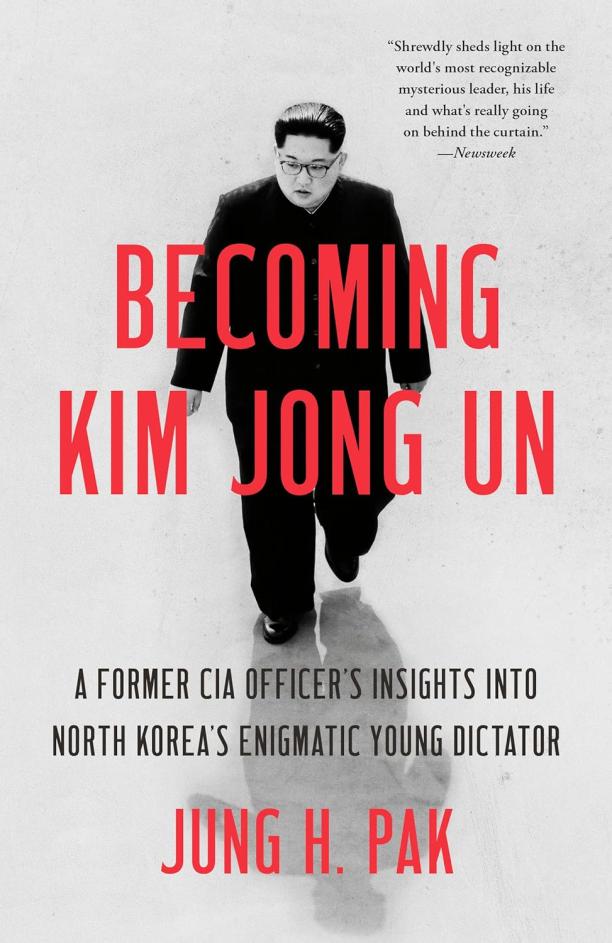
Becoming Kim Jong Un
A Former CIA Officer's Insights into North Korea's Enigmatic Young Dictator
Jung H. Pak
The book provides an in-depth analysis of Kim Jong Un's rise to power and the formative events that shaped his leadership style and policies. It offers insights into his strategic thinking, personality, and the challenges he faces in governing North Korea, drawing from the author's expertise as a former CIA officer.
See full summary
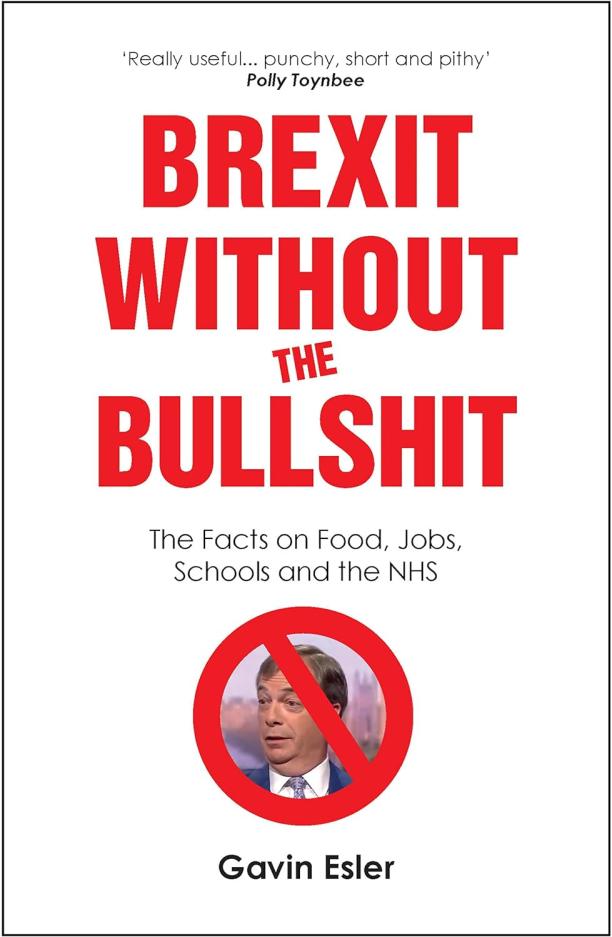
Brexit Without The Bullshit
The Facts on Food, Jobs, Schools, and the NHS
Gavin Esler
The book provides a critical analysis of the potential impacts of Brexit on various aspects of British life, including food supply, employment, education, and healthcare. It aims to cut through political rhetoric to offer readers a clear understanding of the practical consequences that leaving the EU may have on the UK.
See full summary
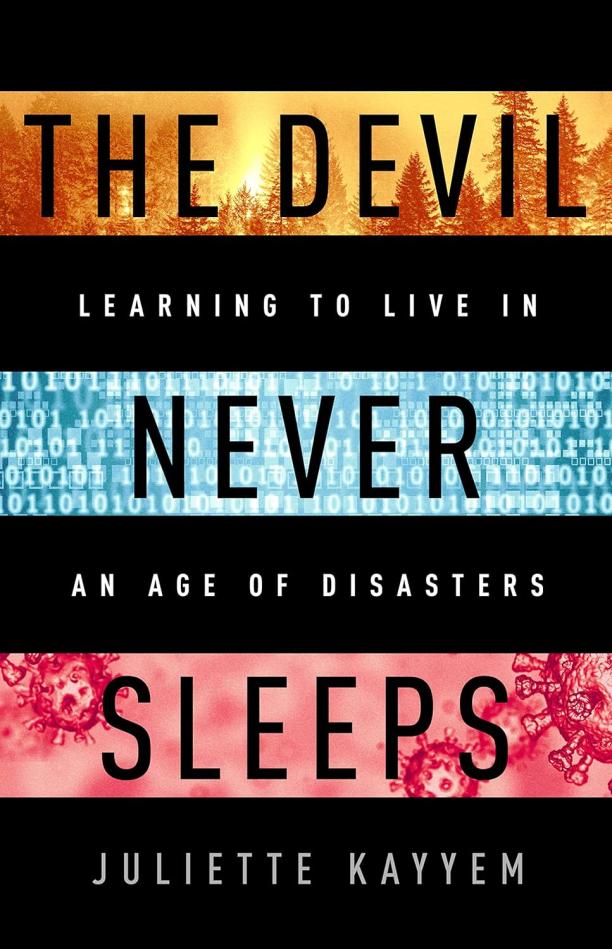
The Devil Never Sleeps
Learning to Live in an Age of Disasters
Juliette Kayyem
The book provides an analysis of how modern societies can better prepare for, respond to, and recover from various disasters, emphasizing the inevitability of crises in our interconnected world. It offers practical advice and strategies for individuals, businesses, and governments to build resilience and adapt to the constant potential of emergencies, from natural disasters to pandemics and terrorist attacks.
See full summary